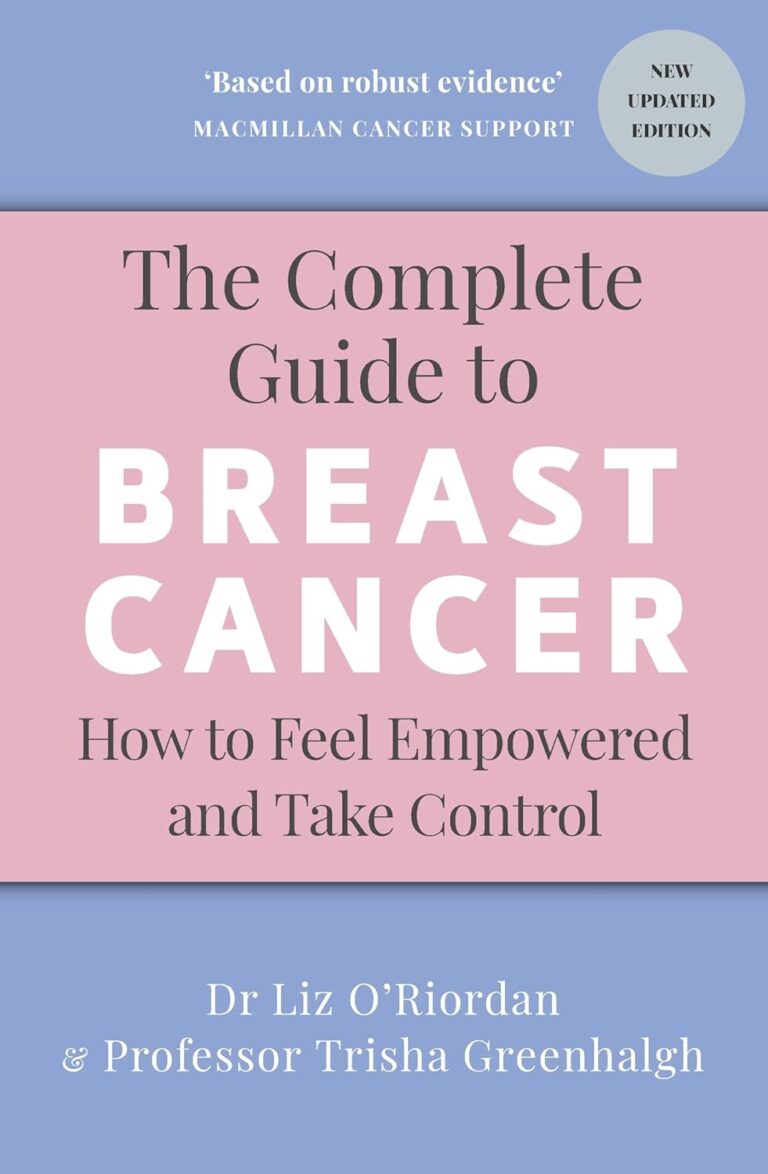Overview
Follicular carcinoma is a form of thyroid cancer that originates from the follicular cells of the thyroid gland, which are responsible for producing thyroid hormones. It is the second most common type of thyroid cancer, following papillary carcinoma. Follicular carcinoma is typically slow-growing and has a favorable prognosis if diagnosed and treated early.
Key Information
Follicular carcinoma accounts for approximately 10-15% of all thyroid cancer cases. It is more prevalent in women and usually occurs in individuals over the age of 40. The exact cause of follicular carcinoma is not well understood, but factors such as radiation exposure and iodine deficiency may increase the risk.
Clinical Significance
Follicular carcinoma is medically significant due to its potential to invade blood vessels and spread to other parts of the body, such as the lungs and bones. Early detection and accurate diagnosis are crucial for effective treatment and management. Regular monitoring and follow-up care are essential to prevent recurrence and manage any complications.
Treatment & Management
The primary treatment for follicular carcinoma is surgical removal of the thyroid gland, known as a thyroidectomy. Depending on the extent of the cancer, a partial or total thyroidectomy may be performed. Post-surgery, patients may require radioactive iodine therapy to eliminate any remaining cancerous cells. Lifelong thyroid hormone replacement therapy is also necessary to maintain normal metabolic function. Regular follow-up with healthcare providers is vital to monitor for recurrence and adjust treatment as needed.
Patient Resources
Patients diagnosed with follicular carcinoma can access various resources for support and education. Organizations such as the American Thyroid Association and ThyCa: Thyroid Cancer Survivors’ Association offer valuable information, support groups, and educational materials to help patients and their families navigate the challenges of thyroid cancer.
Frequently Asked Questions
- What are the symptoms of follicular carcinoma?
Common symptoms include a lump in the neck, difficulty swallowing, and changes in voice. However, many cases are asymptomatic and discovered incidentally during routine examinations.
- How is follicular carcinoma diagnosed?
Diagnosis typically involves a combination of physical examination, imaging tests such as ultrasound, and fine-needle aspiration biopsy to analyze thyroid tissue.
- What is the prognosis for follicular carcinoma?
The prognosis is generally favorable, especially when detected early. The 10-year survival rate is high, with many patients achieving remission following treatment.

















Comments
Thank you. Comment sent for approval.
Something is wrong, try again later